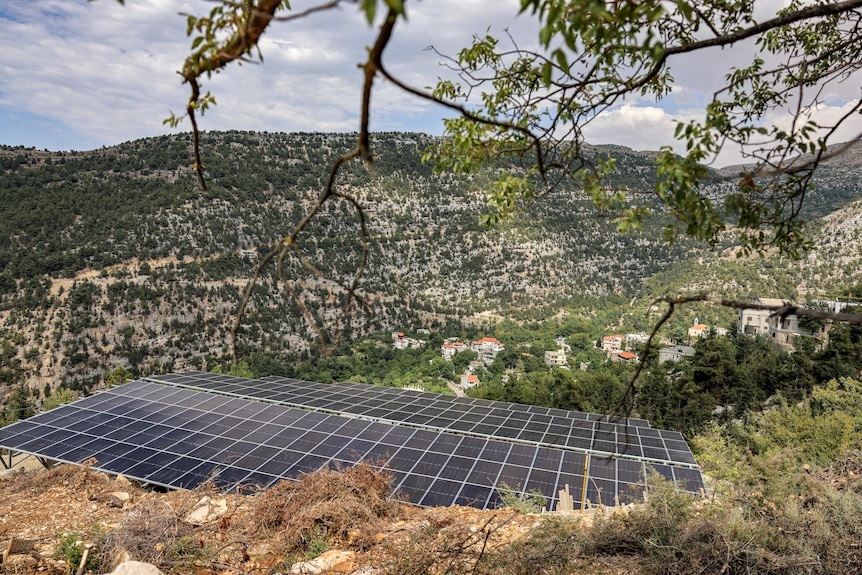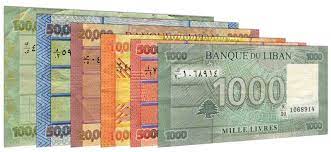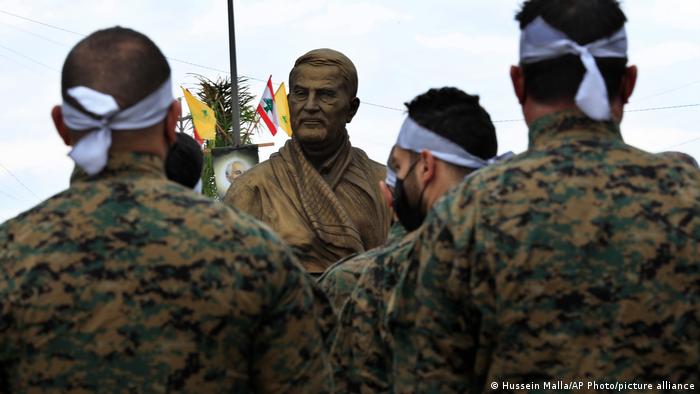
Source: Salk Institute — Summary: According to researchers, language model AIs like ChatGPT reflect the intelligence and diversity of the user. Such language models adopt the persona of the user and mirror that persona back. The artificial intelligence (AI) language model ChatGPT has captured the world’s attention in recent months. This trained computer chatbot can generate text, answer questions, provide translations, and learn based on the user’s feedback. Large language models like ChatGPT may have many applications in science and business, but how much do these tools understand what we say to them and how do they decide what to say back?
In new paper published in Neural Computation on February 17, 2023, Salk Professor Terrence Sejnowski, author of The Deep Learning Revolution, explores the relationship between the human interviewer and language models to uncover why chatbots respond in particular ways, why those responses vary, and how to improve them in the future. According to Sejnowski, language models reflect the intelligence and diversity of their interviewer. “Language models, like ChatGPT, take on personas. The persona of the interviewer is mirrored back,” says Sejnowski, who is also a distinguished professor at UC San Diego and holder of the Francis Crick Chair at Salk. “For example, when I talk to ChatGPT it seems as though another neuroscientist is talking back to me. It’s fascinating and sparks larger questions about intelligence and what ‘artificial’ truly means.”
In the paper, Sejnowski describes testing the large language models GPT-3 (parent of ChatGPT) and LaMDA to see how they would respond to certain prompts. The famous Turing Test is often fed to chatbots to determine how well they exhibit human intelligence, but Sejnowski wanted to prompt the bots with what he calls a “Reverse Turing Test.” In his test, the chatbot must determine how well the interviewer exhibits human intelligence. Expanding on his notion that chatbots mirror their users, Sejnowski draws a literary comparison: the Mirror of Erised in the first Harry Potter book. The Mirror of Erised reflects the deepest desires of those that look into it, never yielding knowledge or truth, only reflecting what it believes the onlooker wants to see.








